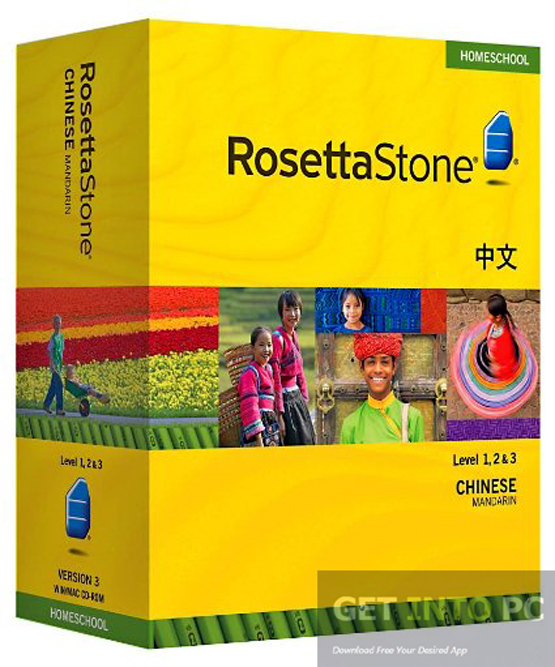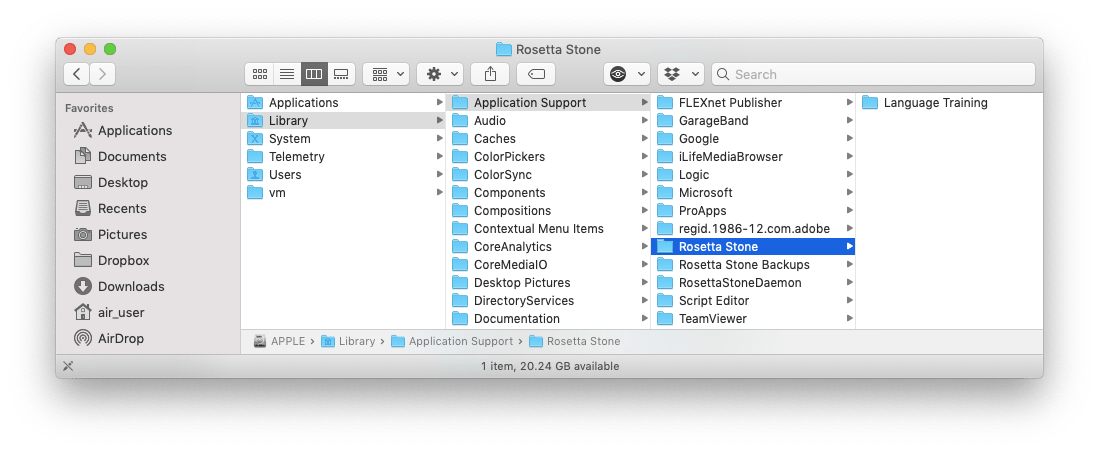

Ottoman Turkish, however, was a mixture of Turkish, Persian, and Arabic that is entirely different from the modern language. Through the middle ages as the Ottoman Empire expanded, so did the influence of Ottoman Turkish throughout Asia, the Mediterranean, and large swathes of Europe. Ruins found in Mongolia by Russian archaeologists date the origins of the Old Turkic language, which gave rise to modern Turkish, back to the 8th century but many linguists believe Turkish was used as an oral language long before then.

Rosetta Stone has over twenty-five years of experience building successful language learning programs that get beyond Turkish language translation and grow your confidence speaking Turkish in real conversations. Rosetta Stone leverages a method called Dynamic Immersion® to create learning environments that get beginners speaking Turkish from the very first lesson, alongside audio and visual cues that stimulate deeper connections. It’s about understanding the Turkish culture and learning the language as it is used by native Turkish speakers.

Learning the Turkish language isn’t just about memorising and regurgitating vocabulary words. However, it also has advantages like consistent grammar and a wide influence among both Europe and Asia that makes Turkish a practical and attractive choice to learn for both business, travel, and academic reasons. Turkish does have some quirks of pronunciation that can make it a bit challenging, including vowel harmony and subject-object-verb word order. Today, sizable groups of Turkish speakers now reside in Greece, Germany, Austria, Bosnia, and other European countries that share a border with Turkey.Īs the most widely-spoken Turkic language, Turkish can be viewed as more accessible for beginning language learners because it uses the Latin alphabet. While the first Turkish ruins of the written language were found in 8th century Mongolia, the language is believed to have been in use long before then. As the 19th most widely-spoken language in the world, Turkish gives voice to both a modern people and the culture of the ancient civilization of Ottoman Turks that spread across Eastern Europe and Western Asia. Turkish, sometimes referred to as Istanbul Turkish, is the official language of both Turkey and Northern Cyprus and is embraced as a mother tongue by 78.5 million native speakers.


 0 kommentar(er)
0 kommentar(er)
